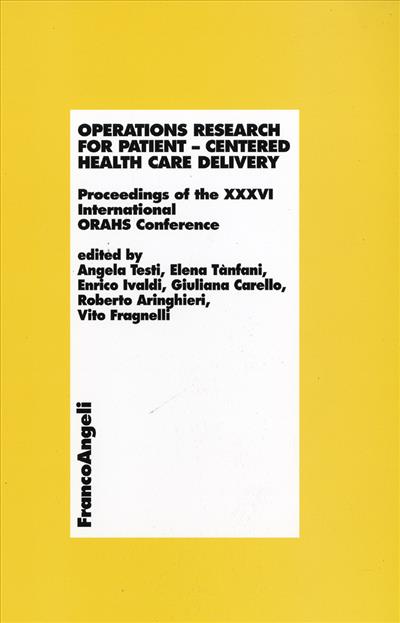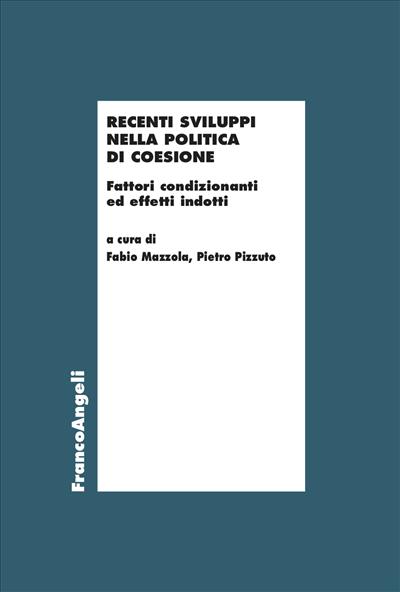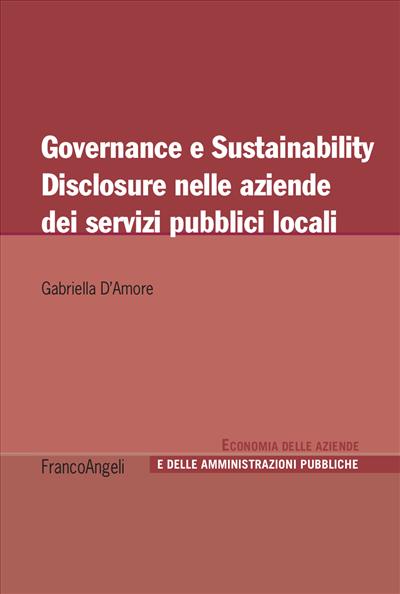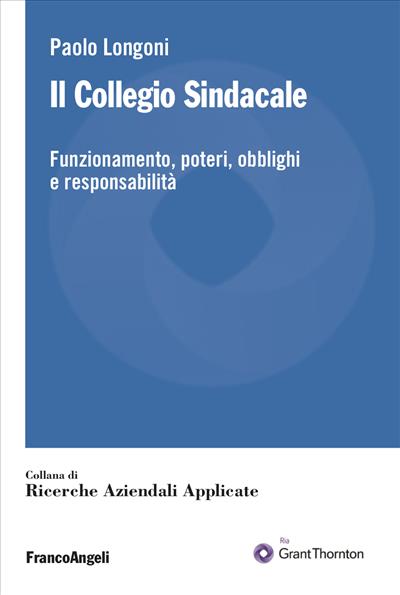
Angela Testi, Elena Tanfani, Enrico Ivaldi, Giuliana Carello, Roberto Aringhieri, Vito Fragnelli
Operations research for patient - centered health care delivery.
Proceedings of the XXXVI International ORAHS Conference
The book presents a selection of the 115 papers presented at ORAHS2010 by participant researchers coming from 23 countries. Following the feature point of ORAHS, the book focuses on application to concrete situations. In particular, it addresses health policies, operating theatre planning and design, home-care modelling, logistics in health care, capacity planning, what-if and simulation analysis.
Pagine: 432
ISBN: 9788856825954
Edizione: 1a edizione 2010
Codice editore: 365.807
Disponibilità: Discreta
Pagine: 432
ISBN: 9788856828467
Edizione:1a edizione 2010
Codice editore: 365.807
Possibilità di stampa: No
Possibilità di copia: No
Possibilità di annotazione: No
Formato: PDF con DRM Readium LCP




